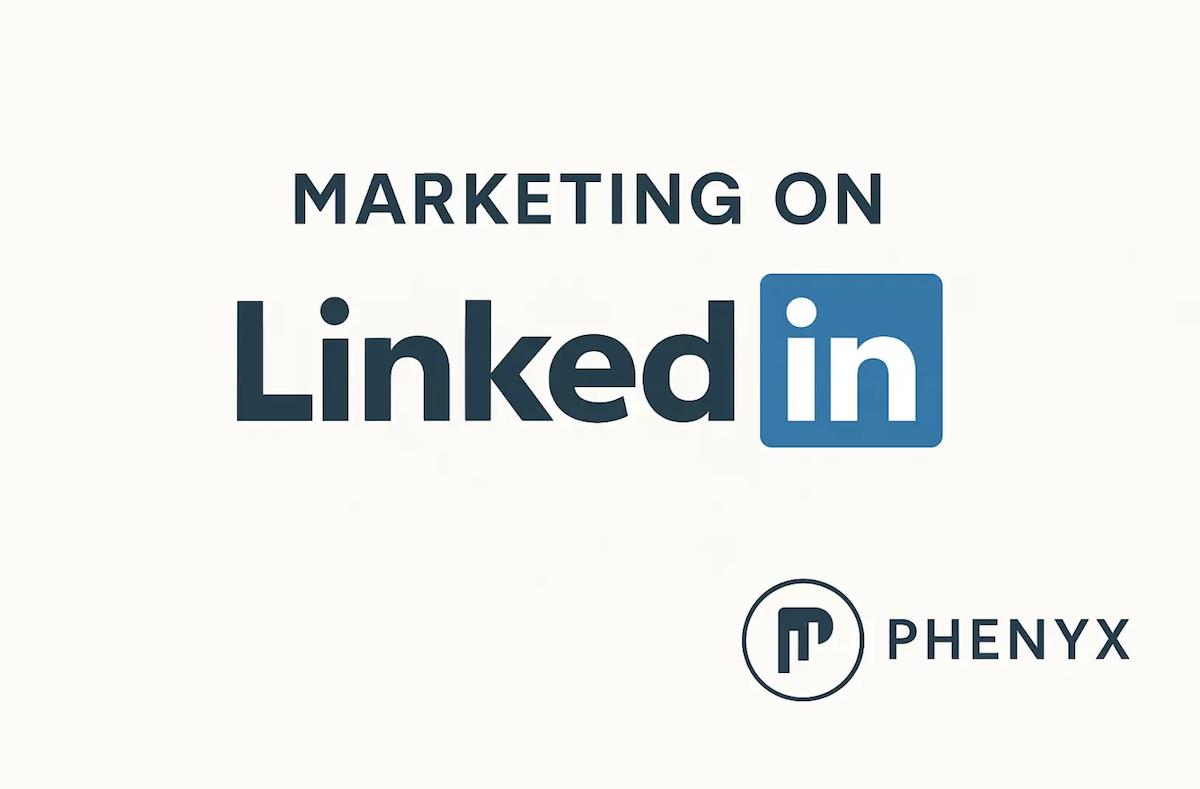The importance of robust and accurate web analytics in today's digital age cannot be overstated. Enter Google Analytics 4 (GA4), Google's next-gen solution to web and app traffic analysis. In this comprehensive guide, we dive deeper into the compelling features and potential drawbacks of GA4, allowing businesses to navigate this new landscape with confidence.
Introduction to Google Analytics 4
The intricate fabric of the online world demands precision and insights. Google Analytics 4 (GA4) is a response to the evolving needs of businesses, integrating machine learning, enhanced data visualization, and real-time analytics into one streamlined platform. Designed for the modern web, it is primed to handle both website and app data, offering a holistic view of user interactions.
Advantages of Using Google Analytics 4

1. Event-Based Tracking
GA4 moves beyond the session-centric view of old, placing greater emphasis on event-based tracking. This facilitates:
- Micro-interaction insights: Understand even the smallest of actions, from button clicks to form submissions.
- Customization: Tailor event parameters to capture data that aligns with your business goals.
- Real-time feedback: Immediate insights allow for rapid response to user behavior.
2. Advanced Audience Building & Segmentation
Segmentation reaches new heights with GA4:
- Multi-dimensional parameters: Combine time, events, and other factors for precise audience creation.
- Sequencing: Understand the journey by segmenting based on action sequences, such as 'visited product page' then 'added to cart'.
- Lifespan-based views: Gauge user interactions over set durations, whether days, weeks, or custom periods.
3. Seamless Cross-Platform Tracking
The GA4 experience is holistic:
- Unified View: Consolidated insights from web browsers, mobile apps, and even IoT devices.
- Data Harmonization: Understand user behavior patterns as they move between platforms.
- Enhanced Mobile Metrics: Dive into app-specific metrics like crash data, and in-app purchase records.
4. AI-Powered Predictive Metrics
GA4 leverages artificial intelligence to revolutionize forecasting:
- Churn Probability: Understand the likelihood of users disengaging, and tailor strategies to retain them.
- Revenue Predictions: Gauge potential revenue from segments to optimize marketing efforts.
- Anomaly Detection: Identify unusual patterns, allowing for immediate rectification or exploitation.
5. User-Centric Data Retention & Control
Amid growing data protection concerns, GA4 rises to the challenge:
- Flexible Retention: Set custom data retention periods to align with business needs and compliance requirements.
- Granular Controls: Decide what data to keep and what to discard, with user-friendly controls.
- Opt-out Capabilities: Empower users by letting them choose their data-sharing preferences.
Limitations of Google Analytics 4
1. The Inevitable Learning Curve
Transitioning is not without its challenges:
- Interface Overhaul: Acclimating to the new dashboard and data presentation methods can be daunting for long-term Universal Analytics users.
- New Terminologies: With new features come new terms and concepts that require understanding.
2. The Historical Data Gap
A fresh start means:
- Data Discontinuity: Existing Universal Analytics data isn’t automatically migrated, creating potential analysis disruptions.
- Relying on Dual Setups: For continuity, many businesses may run Universal Analytics and GA4 concurrently, adding to complexity.
3. Features in Beta
Being on the cutting edge implies:
- Potential Instabilities: Some beta features may not offer consistent performance.
- Evolving Capabilities: As features move out of beta, their functionalities might change, requiring adjustments.
4. Custom Reporting Might Feel Limited
GA4’s approach to reporting is streamlined but might feel restrictive:
- Pre-defined Metrics: Customizability might seem limited compared to the vast array of options in Universal Analytics.
- Adapting to New Visualization Tools: Existing custom report templates might require rework.
5. Integration Woes
As with any shift in platforms:
- Third-party Tool Compatibility: Older tools may not be immediately compatible with GA4, necessitating updates or alternatives.
- Data Transfer Hurdles: Transferring insights between platforms may require additional tools or manual efforts.
Conclusion: Navigating the GA4 Landscape
Google Analytics 4 is not just an update—it’s a paradigm shift in web analytics. While its advanced features and predictive capabilities make it a powerhouse, it is essential to understand its nuances and potential pitfalls. By taking a strategic approach to its adoption and continuously learning its ever-evolving features, businesses can harness GA4's potential to its fullest, ensuring a competitive edge in the digital arena.
FAQs on Google Analytics 4
Q: What sets GA4 apart from Universal Analytics?
A: GA4 offers a revamped, event-centric tracking system, advanced audience segmentation capabilities, and artificial intelligence-powered predictive metrics. It also places a significant emphasis on user data privacy and provides enhanced flexibility in data control.
Q: Do businesses need to initiate their GA4 analytics from zero?
A: Yes, when transitioning to GA4, businesses will set up a new property. It's crucial to note that historical data from Universal Analytics won't automatically transfer to GA4.
Q: Can I still utilize Universal Analytics once I transition to GA4?
A: Certainly. During the transition period, many businesses opt to run both Universal Analytics and GA4 concurrently to ensure a continuous flow of insights and a smoother adaptation process.
Q: How does GA4 cater to user data privacy concerns?
A: GA4 has been designed keeping modern data privacy concerns in mind. It provides businesses with granular data control options, allows custom setting for data retention durations, and gives users the choice to determine their data-sharing preferences.
Q: Is GA4 optimized for mobile app analytics tracking?
A: While GA4 delivers a holistic view of both web and mobile app analytics, it comes with enhanced metrics specifically designed for mobile apps. This includes insights into app crashes, user engagements, and other app-specific behaviors, making GA4 a potent tool for mobile app analytics.
Q: What can businesses expect in terms of learning and adaptation with GA4?
A: Transitioning to GA4 comes with a learning curve. The platform introduces a new dashboard, diverse report structures, and novel terminologies. However, with the wealth of resources available, businesses can quickly acclimate to the changes and leverage the advanced features of GA4.
Q: Are there potential limitations when integrating third-party tools with GA4?
A: Some older third-party tools might not be immediately compatible with GA4. As the platform evolves and gains widespread adoption, it's expected that tool providers will update their offerings to ensure seamless GA4 integration.













%20(2).svg)
%20(1).svg)
